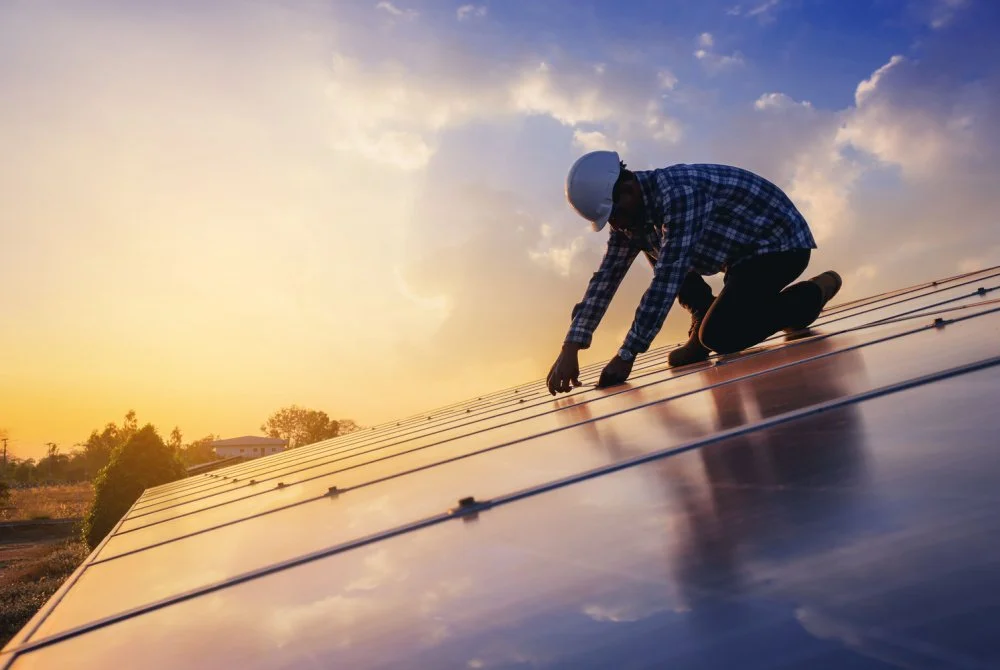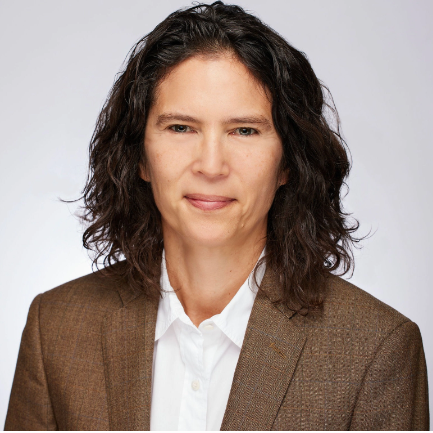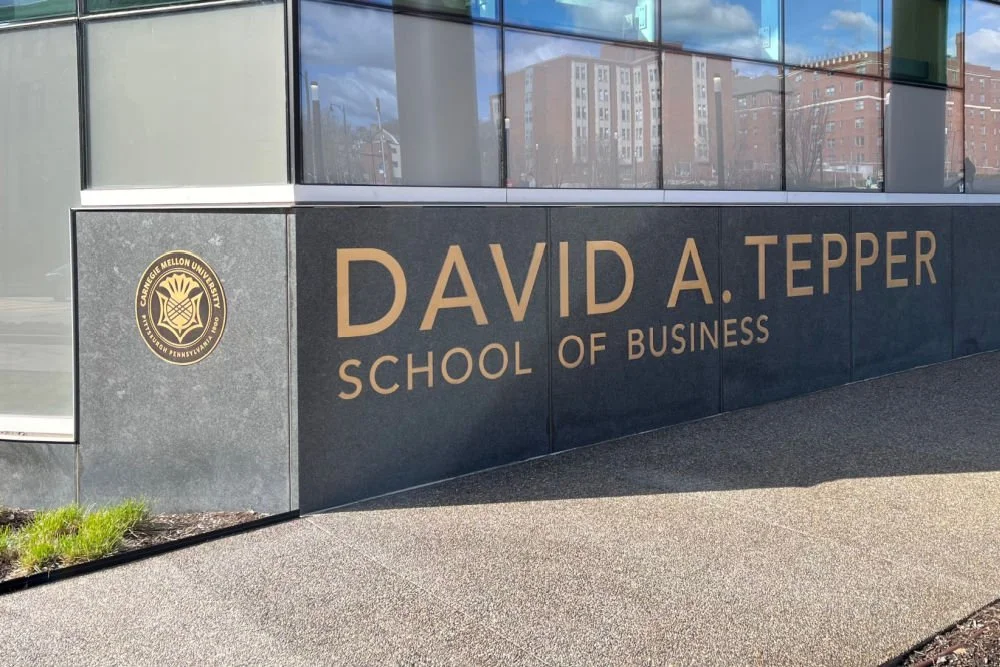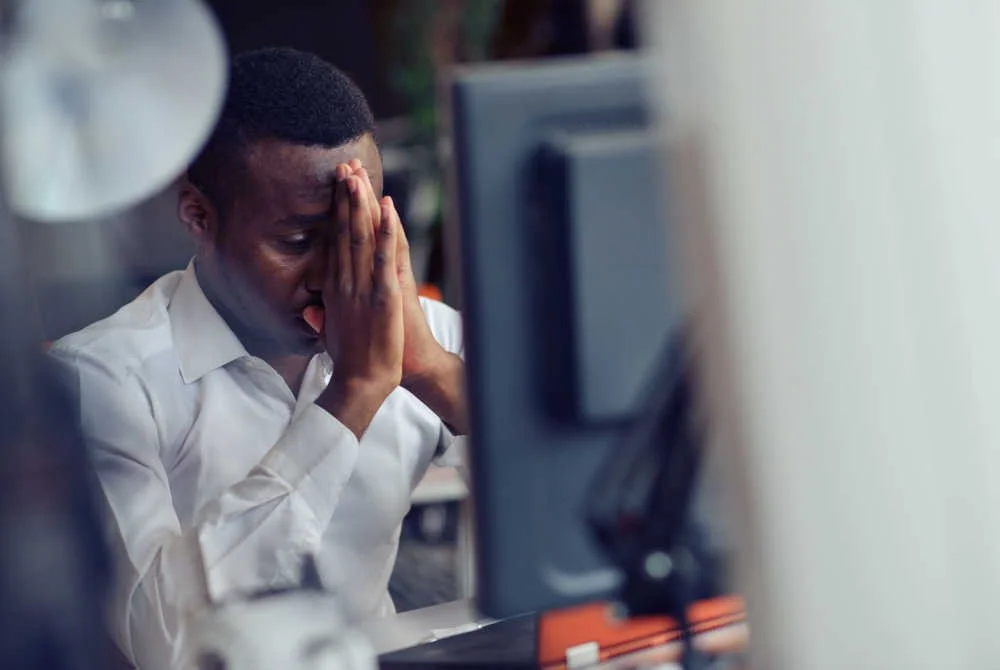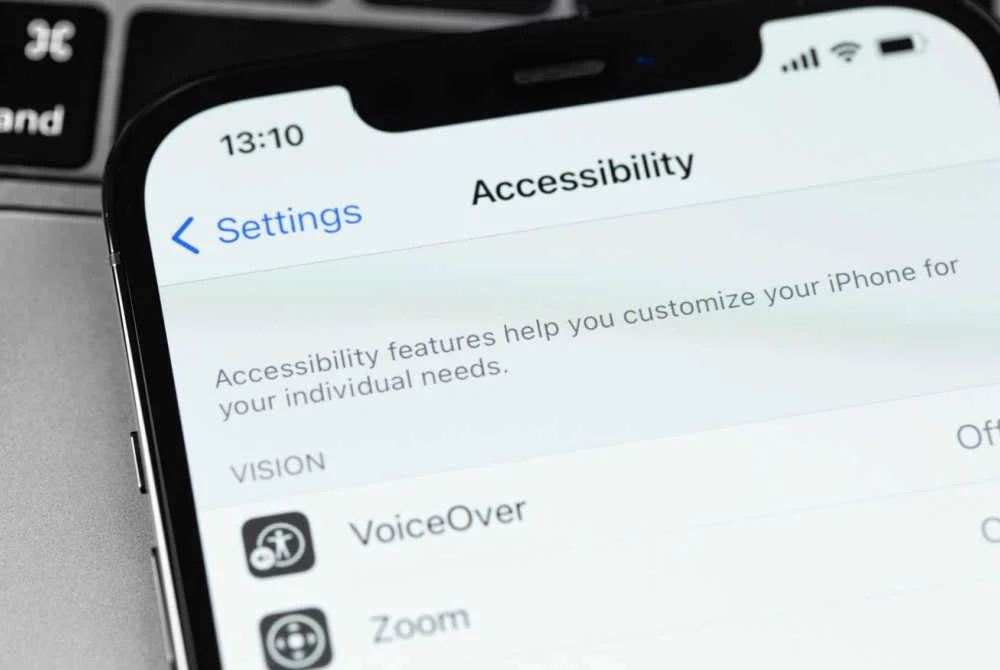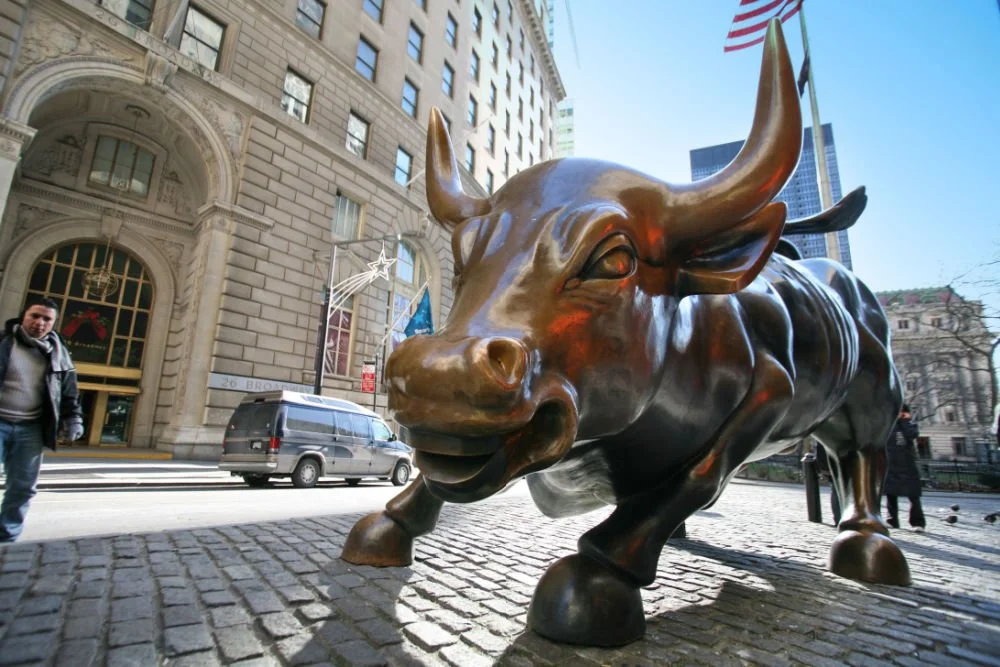Think Systemically, Act Locally: Who's Backing This Push to Build Community Wealth?
/photo: zimmytws/shutterstock
These are heady times for local and regional giving. Although national funders coming out of places like New York and the Bay Area command the most attention, growing philanthropic wealth can be found almost everywhere. Just this week, for example, the Minneapolis Foundation announced that it raised a record $100 million last year—more than double what it was averaging five years ago.
In turn, as we often report, there's a lot of local giving action around issues as diverse as criminal justice reform, early childhood education, environmental sustainability, and LGBTQ communities. But as U.S. politics becomes more heated around issues of inequality, globalization and the urban-rural divide, economic development may be one of the most consequential focus areas for a rising tide of philanthropic localism.
An interesting player in this arena is the Business Alliance for Living Local Economies, or BALLE. Founded back in 2001 as a membership organization for local-first business networks, BALLE has evolved into a nationwide “community of localists” encompassing entrepreneurs, foundations, investors and policymakers. The network sees itself as a politically inclusive group at a moment when many Americans fear their livelihoods are being shaped by external forces beyond their control—worries that Donald Trump channeled to win the White House. As executive director Rodney Foxworth told me, “People [in our community] have tremendous agency, but there are systemic issues that need to be addressed. We need to be in constant inquiry about how we got to where we are today.”
With its longtime invocations of “buy local” and “think local first,” BALLE challenges a national economic order that not only concentrates wealth, but does so in unfair ways vis-a-vis geography, race, gender, and the like. It also challenges some of the proposed solutions to these inequities. In a recent Medium piece, Foxworth throws down the gauntlet on impact investing, arguing that without proper attention to how systemic inequality arises, “we need to call into question the very concept of doing well by doing good.” To his surprise, Foxworth said, the piece got a lot of traction among funders, including impact investors, “who are trying their best to support change.”
Related: Systemic Failure: Four Reasons Philanthropy Keeps Losing the Battle Against Inequality
Who funds BALLE? For one thing, it’s important to note that since around 2012, the organization’s work has revolved around several fellowship programs, each with its backers from the foundation world. The flagship BALLE program right now is its Local Economy Fellowship, a two-year development program for a diverse range of leaders on the local economic stage. Its aim, according to Foxworth, is to “cultivate entrepreneurial ecosystems focused on creating equitable wealth and strengthening local economies.”
The Local Economy Fellowship network, which just announced its latest cohort, already numbers over 100 strong. Foxworth was a 2016 fellow in the program before taking the reins from BALLE’s previous executive director Michelle Long in late 2017. The intent, he says, is to “evolve BALLE into a conduit for resource aggregation, where our fellows have the financial and social capital necessary to achieve their visions.” There’s a specific focus this year on leaders from rural communities.
The NoVo Foundation, Surdna Foundation, and Kendeda Fund are BALLE’s key backers for the Local Economy Fellowship. They understand, Foxworth says, that many of the nation’s social challenges are rooted in its prevailing economic order. By extension, that means they’re capable of critiquing the very context they grew up in. NoVo, for instance, is only one of several philanthropic enterprises springing from Warren Buffett’s massive war chest. It’s also a very progressive funder, placing great emphasis on expanding opportunity for girls and women of color.
We’ve been following Surdna's growing impact investing for a while, now. Surdna has shown particular interest in funding BALLE fellows working on work-owned cooperative projects. We’ve covered Surdna’s work in this area before, including through research and its Strong Local Economies grants. In a similar vein, the Kendeda Fund owes its existence to a Home Depot fortune, but is an active funder of women’s causes and equitable communities in Atlanta and the Southeast.
Related:
- Dept. of Systemic Change: Who's Interested in Promoting Worker-Ownership?
- How Surdna Is Pushing to Make Local Economies Work for Everyone
- How This Foundation Is Using its Grantmaking to Champion Impact Investing
In addition to the Local Economy Fellowships, BALLE oversees another program focused directly on the funding world. Through its Local Economy Foundation Circle, BALLE supports leaders from private foundations who “are committed to moving their money away from Wall Street investments and into direct alignment with their community missions.”
The word “community” is apt. The majority of Foundation Circle participants come from smaller community foundations and place-based grantmakers intimately connected with the on-the-ground situation in their home regions. The Foundation Circle network includes 27 professionals who previously undertook the 18-month program, as well as an additional 15 (or more) who will begin in late April.
While participating funders have to pay a fee, the Foundation Circle also receives support from the F.B. Heron Foundation. As we’ve written, that funder has become a paragon of what it means for an equity-focused funder to invest its assets in line with its mission. The Foundation Circle began as a partnership with RSF Social Finance, an interesting funder founded by a philosopher that pays close attention to how its investment portfolio lines up with its values. It’s also been known to support innovative rural projects.
BALLE’s third fellowship program, an “investors circle” for individuals with over $10 million, is currently on hold. But it fits the pattern: finding ways to do business and invest money that really put a premium on equitable local enterprise, where and when that’s possible.
As Foxworth told me, this isn’t an easy space to work in. Available resources are modest compared to what many national funders command, let alone the private investment sector. But local doesn’t have to equal small, as BALLE often says. “Individuals who see the challenges and opportunities up close are more likely to come up with more inventive and innovative solutions,” Foxworth said.
His organization’s challenge is to make sure those solutions spread from region to region as local leaders connect and self-organize. Meanwhile, BALLE’s larger funders seem to be those willing to confront the concentrations of capital that let them amass their endowments in the first place.
Related:















